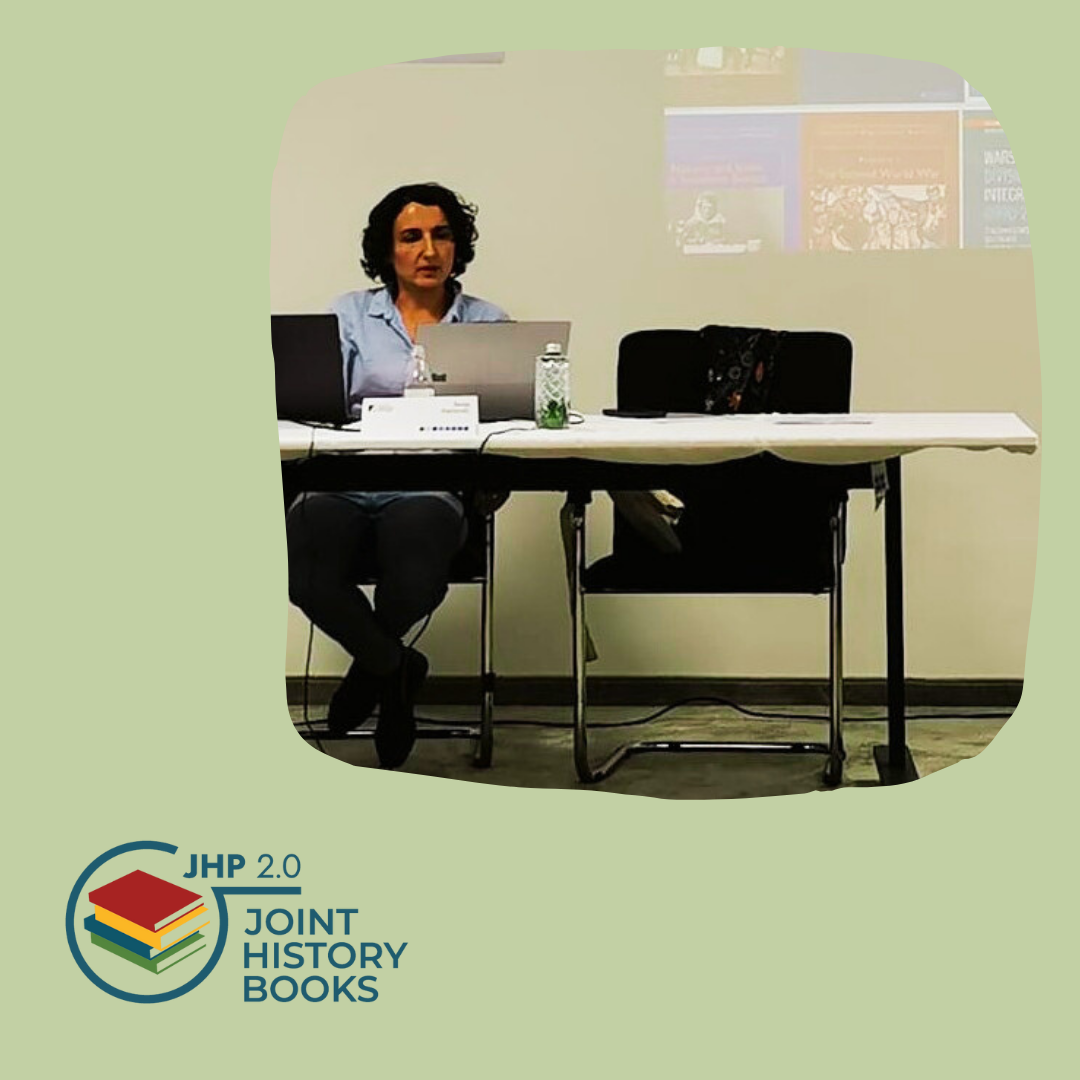Divčibare, Serbia – Last weekend (September 5–7), at the regional gathering of Konrad Adenauer Foundation scholarship recipients in Divčibare, historian and Joint History Project (JHP) associate Sanja Radović delivered a lecture and workshop dedicated to innovative approaches in history teaching, using the Joint History Books as an example, with a specific focus on the 1990s.
Radović outlined the development of JHP over the past three decades, underscoring the project’s importance for the entire region. She stated that the aim of the initiative is to “challenge nationalistic narratives in history teaching, which still remain a major problem in the region.” She added that “the books present events from multiple perspectives, for example, history is shown not only from a one-nation perspective but also from the viewpoints of other Balkan nations.” Finally, she stressed that the goal is to “support critical thinking instead of rote learning, so that students learn to ask the right questions and place every event in a broader context.”
Radović also introduced the scholarship recipients with new digital approaches to studying history, highlighting the importance of digital literacy among teachers and educators, as well as the acquisition of new digital skills to bring history closer to younger generations.
As part of the workshop, a practical segment of JHP methodology was presented through the still sensitive topic of the 1990s, with particular emphasis on the importance of critical analysis of diverse historical sources.
The gathering, held under the theme “The Western Balkans 30 Years Later: The Impact of the 1990s – Challenges and Perspectives”, brought together young leaders and future decision-makers from across the region. Sanja Radović’s lecture directly addressed the central theme of the event, offering concrete tools for understanding and teaching about this highly important and sensitive period of shared regional history.

